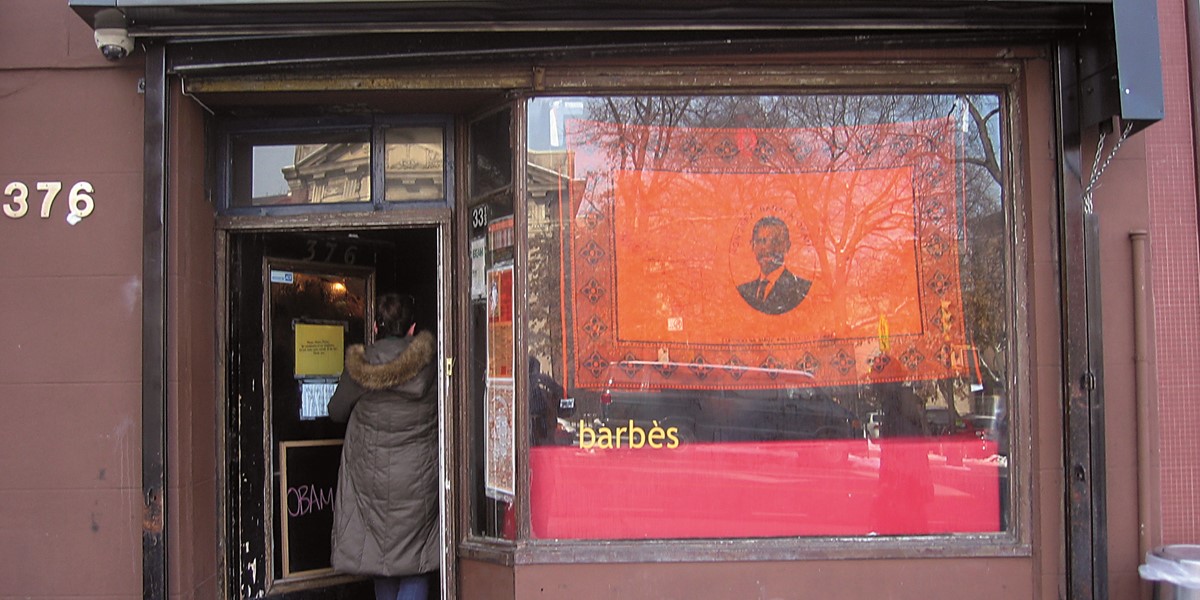Thursday, July 28, 2022
Celebrating Barbès at 20: The Sounds of Brooklyn
Catalina Maria Johnson catches up with the co-founder of Brooklyn’s hippest bar and venue, Barbès, which celebrates two decades of excellent music this year


Register now to continue reading

Thanks for visiting the Songlines website, your guide to an extraordinary world of music and culture. Sign up for a free account now to enjoy:
- Free access to 2 subscriber-only articles and album reviews every month
- Unlimited access to our news and awards pages
- Our regular email newsletters

